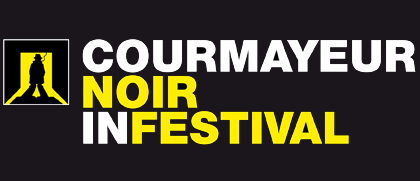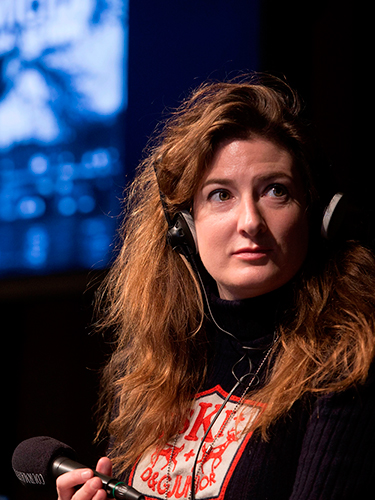Paris Noir
"Mine is an ensemble novel in which the narrative voice, female, is that of the river," says French writer Ingrid Astier by way of introducing her novel Quai des enfers and launching the conversations at the Jardin de l’Ange. The author claims to have taken an alternative take to the noir in her novel, a take that turns the postcard-perfect scenes of the City of Light into an unknown territory, to be explored by following the moves of protagonists above suspicion.
"A novel always opens a door to another world; we all tend to think of Paris as a romantic city, and rightly so, but I was interested in representing love and death eros and thanatos overturning the conventional view, just as Hugo does in The Hunchback of Notre-Dame. I spent a lot of time with the Paris river police, an over 100-man corps about which very little is known, and with fishermen as well: they have so many stories to tell, countless anecdotes, and they’re sort of the philosophers of the river banks. I wanted to learn everything I could about the world surrounding the Seine, relish in all the details and capture the spirit of the place, like Simenon."
Quai des enfers is the result of three intense years that Astier refers to as her "voluntary exile", and it is also a work that is immersed in a "sea of music" inspired by the notes of Aphex Twin and György Ligeti. It attempts to recreate in every detail the complexity of human experience, with a nod to two illustrious filmmakers. "I’m fascinated by Almodovar and Lynch," says Astier. "Often, others oblige us to be ‘normal’ and consistent, when we are really paradoxical and need a little madness. Novels are a place where this complexity can find a natural outlet."


